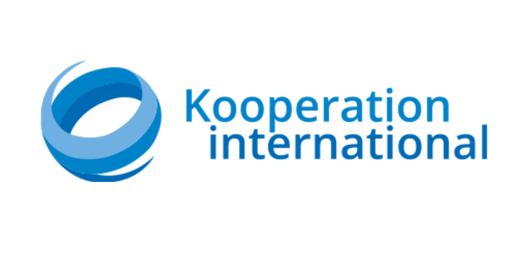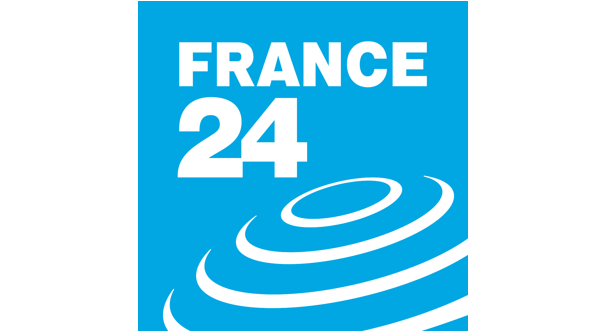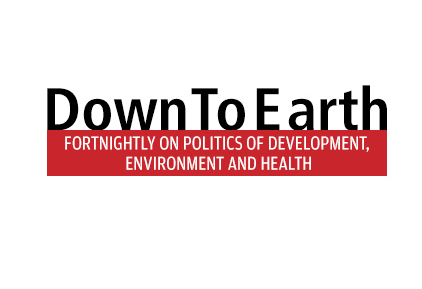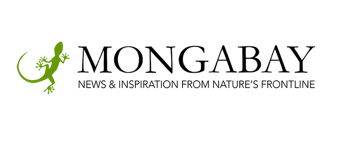In the media
Ethiopia, great mobilization against wheat rust
 Innovations
Innovations
Source: Donne del Food (28 Nov 2019)
Rapid alert system has been developed to predict the spread of wheat rust.
Preventing post-harvest losses key to food security
 Nutrition, health and food security
Nutrition, health and food security
Source: Zambia Daily Mail (26 Nov 2019)
Poor post harvest management is one of the key constraints to improving food and nutritional security in Africa.
Zimbabwe: Farmer Combats ‘Hidden Hunger’. . . Grows Biofortified Crops
 Nutrition, health and food security
Nutrition, health and food security
Source: All Africa (26 Nov 2019)
CIMMYT and Harvest Plus have been breeding biofortified crop varieties of vitamin A orange maize since 2015.
A step towards food security: German and Mexican researchers working jointly on the wheat of tomorrow
 Climate adaptation and mitigation
Climate adaptation and mitigation
Source: Kooperation International (25 Nov 2019)
CIMMYT and the Julius Kühn Institute signed a Declaration of Intent to intensify joint research on disease-resistant and stress-tolerant wheat.
Kenya: Maize contamination
 Nutrition, health and food security
Nutrition, health and food security
Source: France 24 (19 Nov 2019)
B.M. Prasanna, Director of CIMMYT’s Global Maize Program, speaks on CIMMYT’s work to help farmers in the context of the aflatoxin crisis in Kenya.
Can Wheat Save the World?
 Nutrition, health and food security
Nutrition, health and food security
Source: Seed World (19 Nov 2019)
While food production must rise order to feed a growing population and reduce greenhouse gas emissions, wheat can play a big role in this process.
Ethiopia: Launching Digital Agro-Climate Advisory Platform in Ethiopia
 Climate adaptation and mitigation
Climate adaptation and mitigation
Source: All Africa (16 Nov 2019)
CIMMYT, EIAR and partners launched a digital agro-climate advisory platform.
Launching digital agro-climate advisory platform in Ethiopia
 Climate adaptation and mitigation
Climate adaptation and mitigation
Source: The Reporter (16 Nov 2019)
New platform will put resilience at the center of livelihoods in response to rising populations, growing food demand and ecological crisis.
How Haryana cut stubble burning this season
 Innovations
Innovations
Source: Down to Earth (13 Nov 2019)
The state of Haryana has supplied machines like the Happy Seeder to farmers, who saw costs drop and yields increase this year.
Breakthrough in genetic research to improve SNB resistance in new wheat varieties
 Nutrition, health and food security
Nutrition, health and food security
Source: The Avon Valley and Wheat Belt Advocate (13 Nov 2019)
Four wheat lines from CIMMYT and ICARDA showed good resistance to fungal disease stagonospora nodorum blotch in assessment.
India pollution: How a farming revolution could solve stubble burning
 Innovations
Innovations
Source: Deustche Welle (8 Nov 2019)
CIMMYT scientist M.L. Jat argues that India now needs to undergo a second, “evergreen” revolution, driven by technology such as the happy seeder.
Resilient agriculture: Several agreements concluded
 Climate adaptation and mitigation
Climate adaptation and mitigation
Source: L'Economiste (5 Nov 2019)
CIMMYT, ICARDA and the Adaptation of African Agriculture Initiative join forces to prevent small farmers from suffering the effects of climate change.
A scramble for solutions as fall armyworm infestation sweeps Africa
 Nutrition, health and food security
Nutrition, health and food security
Source: Mongabay (24 Oct 2019)
CIMMYT Systems Agronomist Frédéric Baudron advocates a multipronged approach to protect maize crops from the invasive pest.
Kellogg supplies Mexican corn with sustainable planting
 Climate adaptation and mitigation
Climate adaptation and mitigation
Source: Milenio (21 Oct 2019)
MasAgro is supporting conservation agriculture and the sustainable production of maize in Mexico.
Sharp rise in Punjab-Haryana farm fires ahead of Diwali
 Nutrition, health and food security
Nutrition, health and food security
Source: Times of India (21 Oct 2019)
CIMMYT Principal Scientist M.L. Jat notes high number of happy seeders in Haryana and Punjab.













